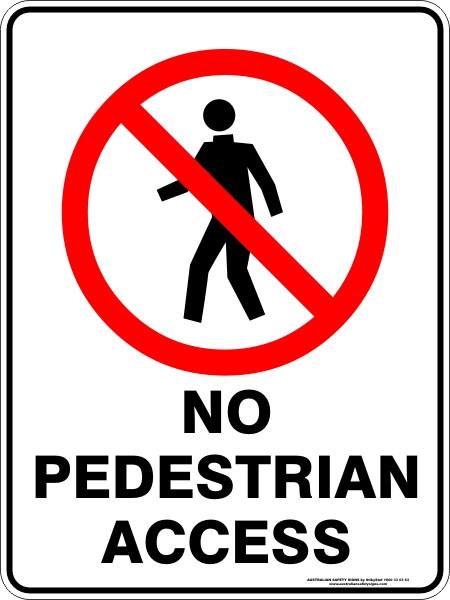The User: Has it replaced the Pedestrian?

“Indeed, unless we choose to decentralize and to use applied science, not as the end to which human beings are to be made the means… under the need for efficiency and stability, into the welfare-tyranny of Utopia. You pays your money and you takes your choice.” – from Brave New World, Aldous Huxley,1932, 1946.
Is the user no longer a pedestrian? Is this what progress consists of? If so, it is not the user but the pedestrian who is brave in this new world. User refers to a person who uses a hand held, laptop or desktop computer device. Amazon Devices like “Kindle Fire” or the “Kindle E-readers are designed as dedicated eBook readers…They can hold thousands of books to keep you entertained for hours” according to the company website. No mention, it appears, of books keeping you “intellectually stimulated.”
My middle school teacher Mr. Walsh was a tall, slender, partly grey haired man with a beard and glasses. Some of us students thought he looked like President Abraham Lincoln, and like Lincoln he too was said to be well-read. Part of our class assignments was to read from an array of books on a rotating book rack. I’d no sooner finish one book, and then start on another. I had a sense of pride sharing with the class the books I’d read. Needless to say, Mr. Walsh and the books in his class were intellectually stimulating.
Three books that resonate with the topic of a dystopian future and technology are 1984; Brave New World; and Fahrenheit 451. Much talk, and rightly so, has been given to the first two. But some overlook, Fahrenheit 451, a novelwritten in 1953 by the late Ray Bradbury, author and screenwriter.
Fahrenheit 451 is the story of a time where books were outlawed and government contracted firemen to search any and all books, burn them and the homes of those hiding them. Sometime after its publication, Bradbury reportedly said that he saw the book as a way to express what he saw as a society whose interest in reading was diminished on account of mass media. The genesis of Fahrenheit 451, I later learned, was Bradbury’s earlier work, The Pedestrian.
In The Pedestrian, we find a time where people kept mostly in doors, glued to their large screens with audio plugs watching “mass media.” Since going outdoors was restricted, there is little need for policemen or cars and so replacing them with robotics is efficient and practical. The unmanned police car and the description of the unkempt streets in the story bears a striking resemblance to the present day poor infrastructure of several cities in the U.S. and driverless cars.
Let me be clear, “eBooks”, may serve well those for whom books are not accessible. This paper addresses a different point entirely. Has digital media like “mass media” become the “new media”? Has the Internet and television become the new platforms that are not only diminishing our interest in reading physical books but decaying our sense of community, literally and figuratively? It’s not that books are scarce, but that some people, though able to do so, are choosing not to seek them. Where did the books go? Some were digitized to sell and be viewed on your small or big screen device.
Now, like in The Pedestrian, you do not need to walk the streets to the public library or bookstore. As a user, you can buy a device, put on your earpiece and read. But are you reading only what’s available to keep you entertained or does it include facts or knowledge-useful information?
Have companies like Amazon succeeded in replacing the pedestrian with the user? David Talbot’s 2010 article, “Can Twitter Make Money?” may answer this question. Talbot refers to Twitter co-founder Evan Williams’s statement,“But to make any business model succeed, Williams says, Twitter must keep attracting new users-and prove that tweet-borne information is actually useful.” It may attract new users, but as far as the information being useful, that depends on who you ask, the user who tweets “pointless babble or conversational” totaling 77.7%, or the 8.7% who “pass-along value” according to Pear Analytics.
To be fair, as the adage says, “one should not judge a book by its cover”, including e-books, even if the user does not have a “special need” for it. As for the user who texts, I agree, sometimes “less is more” except if what is said is pointless or best left unsaid. Then again, as Huxley wrote, “You pays your money and you takes your choice.”
It is said that “the road to hell is paved with good intentions.” Today, one could argue that the road to profit is also paved with good intentions. In either case, it seems the pedestrian ‘got burned’ and the user ‘got used’ to turn a profit. Progress, isn’t it a beaute!
“Progress then consists in progressive de-humanization-a busy, pointless, and, in the end, suicidal submission to technique.” – Robert K. Merton, Professor of Sociology, Columbia University. 1964
